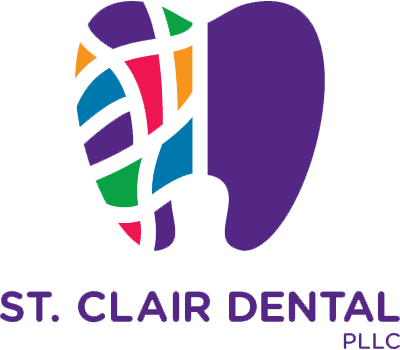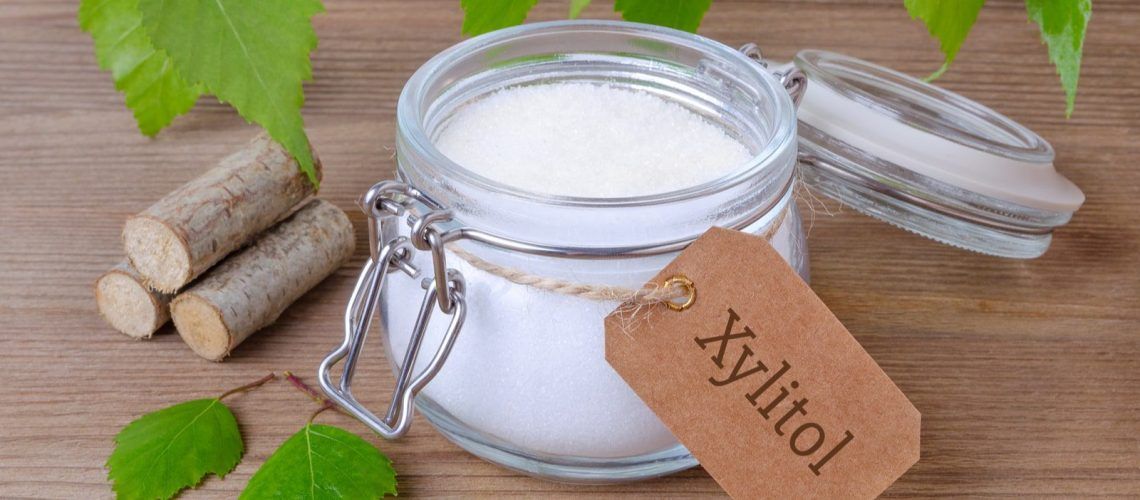If you’ve been looking into some unique alternatives to fluoride, then xylitol has been known to help reduce the risk of cavities for both children and adults. Although this sucrose shows some amazing benefits for those sensitive to fluoride, many other studies have been looking into the effects of combining other ingredients with xylitol to see if we can improve our ability to fight off cavities and have healthier teeth for longer. One essential ingredient being studied lately is the effects of magnolia bark. To dive into this topic further, we’re here to help explain why xylitol and magnolia bark may have potential benefits for people’s oral health.
What Actually is Xylitol and Magnolia Bark?
For those unaware of what xylitol is, xylitol is an artificial sweetener derived from plant materials and is most often extracted from birch bark, and is considered as sweet as sugar without the caloric intake. It’s a type of sugar alcohol that’s processed in our bodies similar to a carbohydrate, and when used in dental products, it provides some amazing benefits towards cavity prevention. Xylitol works to protect our teeth against cavities by reducing the growth of bacteria along with the tooth’s enamel. Because cavity-causing bacteria such as Streptococcus mutans often feed off of carbohydrates and sugars, xylitol’s molecular components ultimately prevent the growth and production of these strains of bacteria and thus result in fewer cavities.
- Fun Fact! Xylitol is an excellent alternative commonly used in toothpaste and mouthwash, and for children, this ingredient is especially great for their oral health. While fluoride can be harsh and discourage children from brushing their teeth, toothpaste containing xylitol will be able to entice them to brush their teeth and not be turned off by the mineral taste.
- Alongside that, children sensitive to fluoride and have cases of enamel fluorosis can help them care for their oral health without experiencing too much fluoride in their system.
So, what’s magnolia bark all about? Magnolia bark was traditionally used in Chinese medicine and is derived from the Magnolia tree bark. Researchers engaged with finding new methods for cavity reduction have found that magnolia tree bark oil may potentially reduce cavities due to its antibacterial effects to help protect the gums from gum disease and our teeth from cavities. This ingredient has begun being tested in chewing gums and toothpaste combined with xylitol, and it’s been found that magnolia tree bark helps reduce the enzymes produced by the Streptococcus mutans bacteria strain and thus preventing the growth of harmful bacteria.
Try Xylitol Toothpaste For Your Family Today!
While researchers are still looking into the long-term effects of magnolia bark, xylitol toothpaste is considered a highly recommended toothpaste alternative for children and those sensitive to fluoride. You can easily find xylitol toothpaste at your local store or supermarket, and if you want more information about how you can better improve your oral health, the best resource out there is your local dentist. Through your dentist, you can receive personalized information about how to best care for your teeth to keep them healthy and clean.

